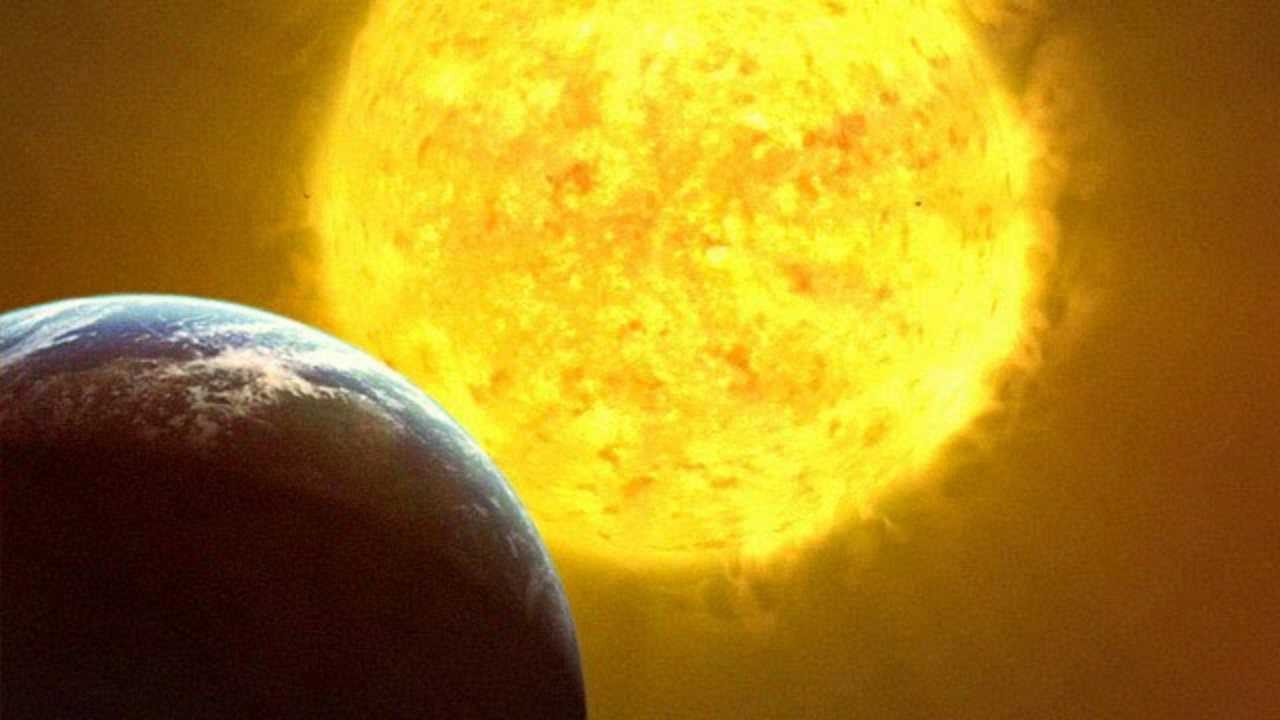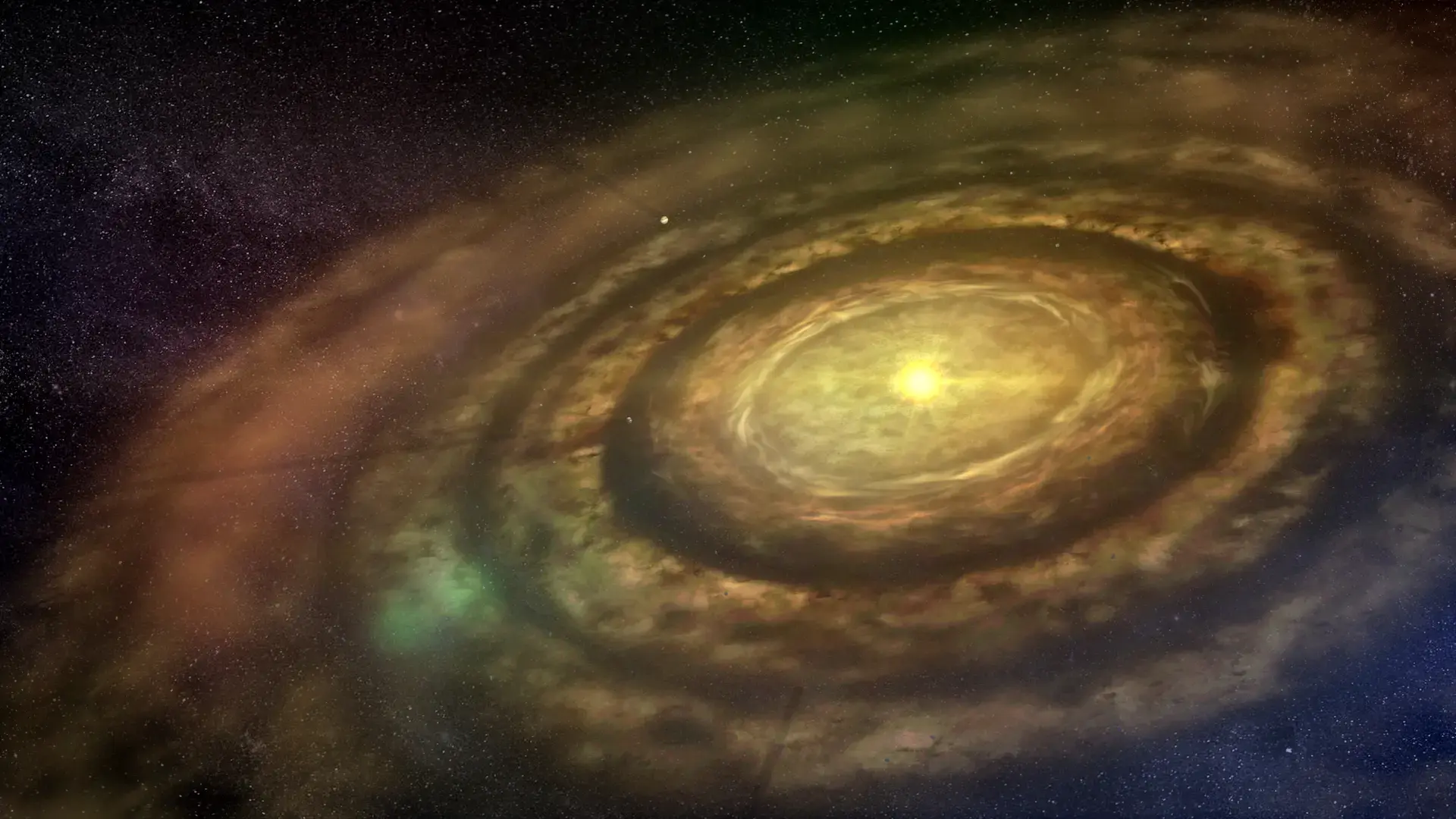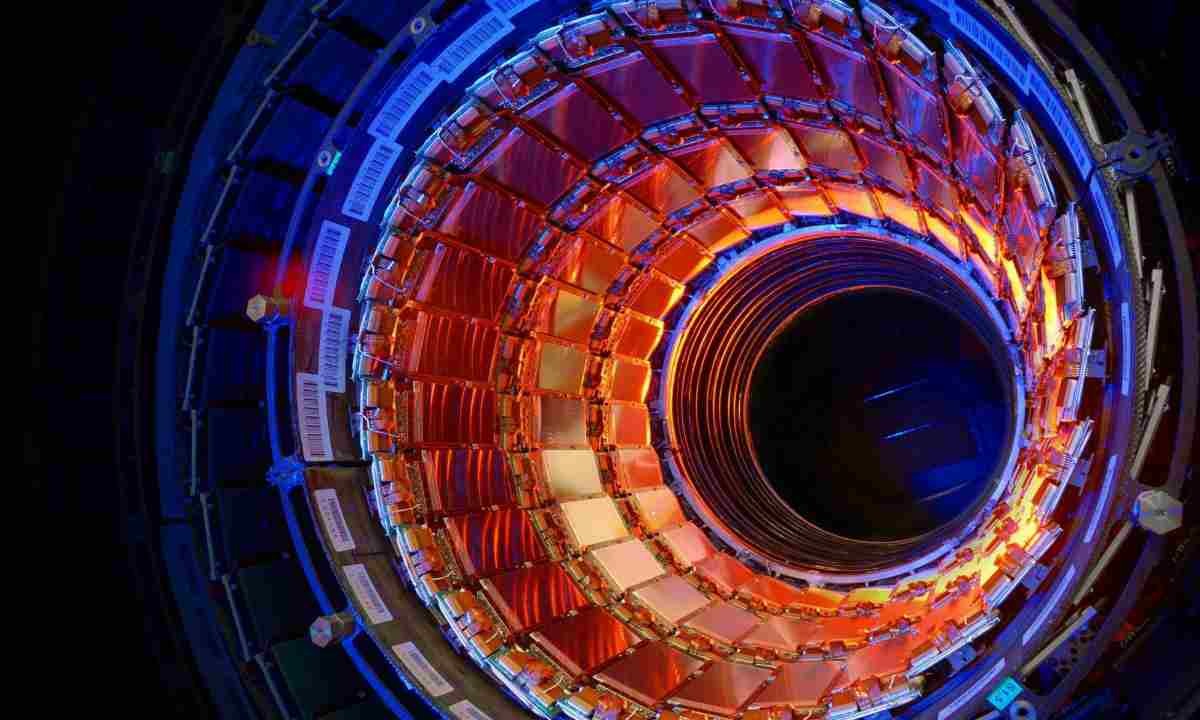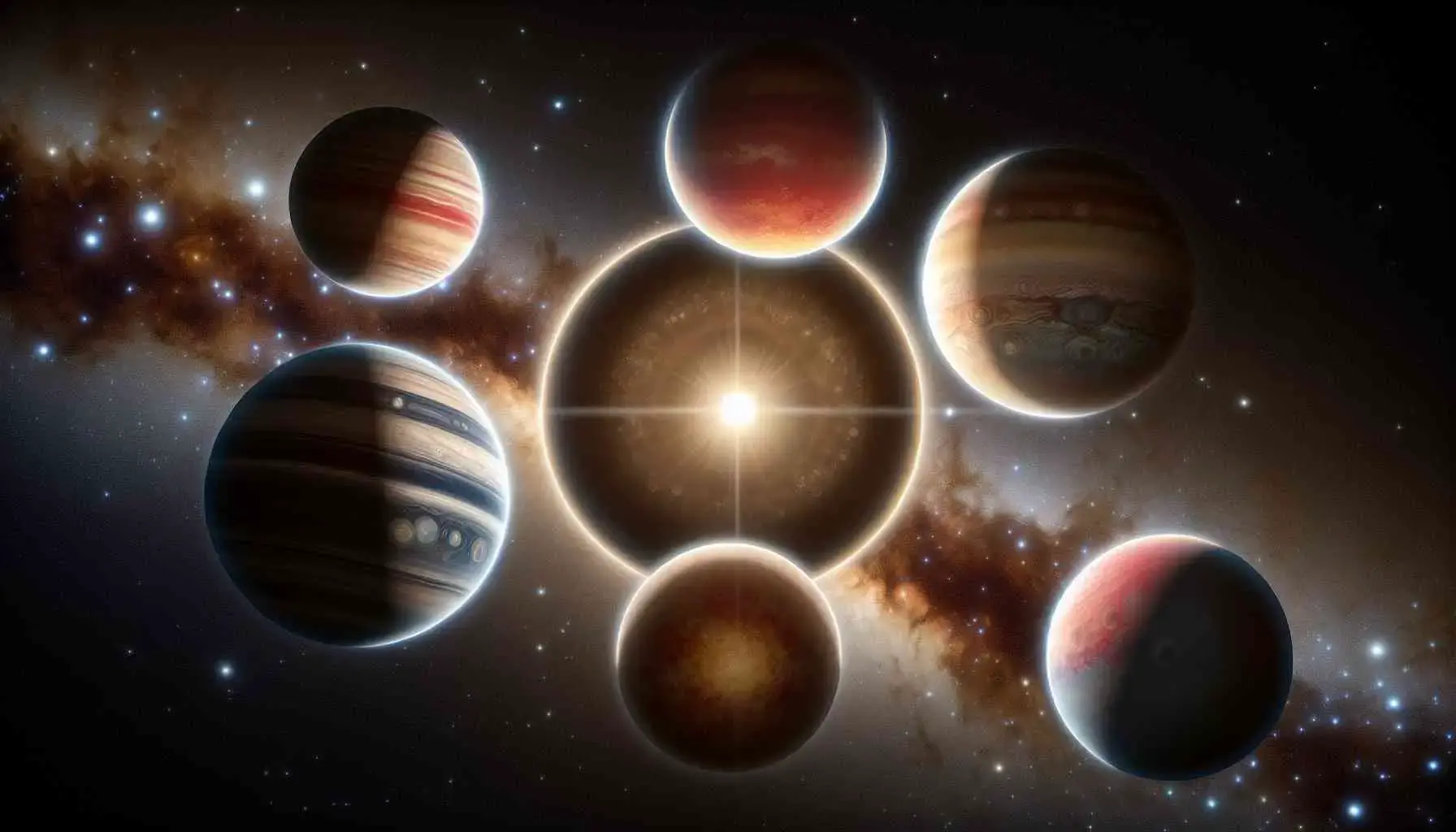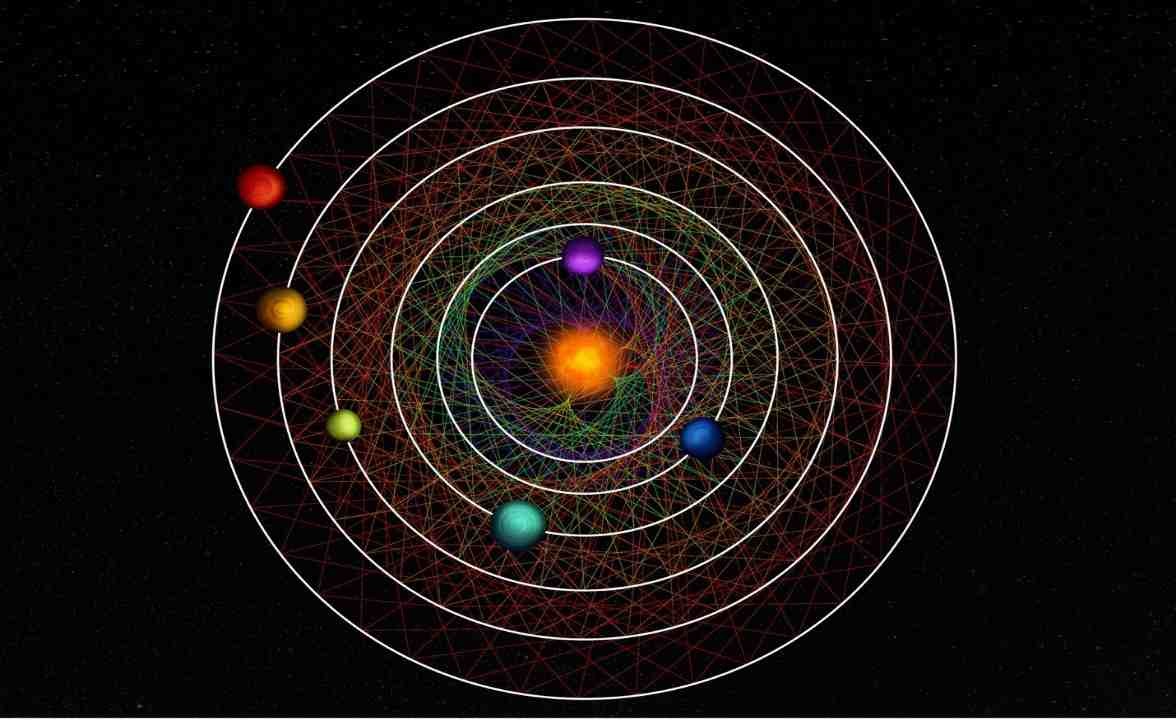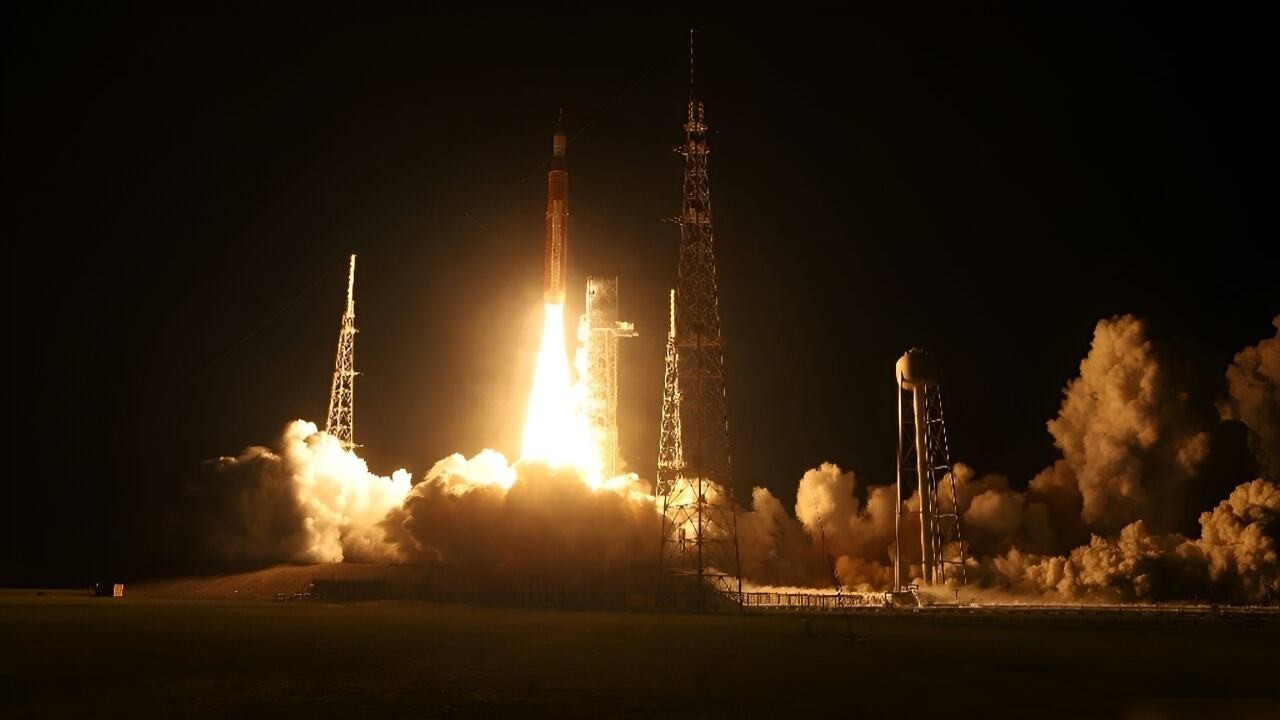Quantum Mechanics is a fascinating field of study that has been the subject of much interest and speculation for decades. It deals with the behavior of particles at the subatomic level and has revolutionized our understanding of the universe. In this article, we will delve into the mysteries of quantum mechanics and explore its various aspects, including its history, principles, applications, and future prospects.
Table of Contents
- Introduction
- History of Quantum Mechanics
- Principles of Quantum Mechanics
- Wave-particle duality
- Uncertainty principle
- Superposition and entanglement
- Applications of Quantum Mechanics
- Quantum computing
- Quantum cryptography
- Quantum sensors
- Future Prospects of Quantum Mechanics
- Challenges and Controversies in Quantum Mechanics
- The measurement problem
- The role of consciousness
- Conclusion
- FAQs
History of Quantum Mechanics
The history of quantum mechanics can be traced back to the early 20th century when scientists first began to observe the peculiar behavior of subatomic particles. In 1900, Max Planck introduced the concept of quantization, which suggested that energy could only be emitted or absorbed in discrete units, or quanta. This idea paved the way for further research into the nature of matter and energy.
In 1925, Werner Heisenberg introduced the matrix mechanics formulation of quantum mechanics, which was soon followed by Erwin Schrodinger’s wave mechanics. These two theories, while different in their approach, were able to describe the same phenomena and laid the groundwork for the development of modern quantum mechanics.
Principles of Quantum Mechanics
Quantum mechanics is based on several fundamental principles, including wave-particle duality, uncertainty principle, and superposition and entanglement.
Wave-Particle Duality
Wave-particle duality is a fundamental principle of quantum mechanics that suggests that subatomic particles, such as electrons, can exhibit both wave-like and particle-like behavior. This means that they can exist in multiple places at the same time and have properties of both waves and particles.
Uncertainty Principle
The uncertainty principle, also known as Heisenberg’s uncertainty principle, is another fundamental principle of quantum mechanics. It states that the position and momentum of a particle cannot be precisely determined simultaneously. This means that the more precisely we measure the position of a particle, the less precisely we can measure its momentum, and vice versa.
Superposition and Entanglement
Superposition and entanglement are two related principles of quantum mechanics. Superposition refers to the ability of subatomic particles to exist in multiple states simultaneously. Entanglement, on the other hand, refers to the phenomenon where two or more particles become linked in such a way that the state of one particle is dependent on the state of the other.
Applications of Quantum Mechanics
Quantum mechanics has numerous practical applications, some of which are already being used today, while others are still in the experimental phase.
Quantum Computing
Quantum computing is a rapidly evolving field that holds the promise of solving complex computational problems that are beyond the reach of classical computers. It is based on the principles of quantum mechanics and utilizes quantum bits (qubits) instead of classical bits.
Quantum Cryptography
Quantum cryptography is a secure method of communication that utilizes the principles of quantum mechanics to transmit information. It relies on the fact that any attempt to intercept or eavesdrop on a quantum message will disturb the state of the message, alerting the sender and making the message tamper-evident.
Quantum Sensors
Quantum sensors are a new class of sensors that are based on the principles of quantum mechanics. They are highly sensitive and can detect even the slightest changes in their environment, making them ideal for applications such as medical imaging, environmental monitoring, and navigation systems.
Future Prospects of Quantum Mechanics
The future of quantum mechanics is exciting, as scientists continue to explore its potential for practical applications. Some of the areas that are currently being researched include quantum communication, quantum teleportation, and quantum gravity. Quantum mechanics is also expected to play a crucial role in the development of new materials and technologies.
Challenges and Controversies in Quantum Mechanics
Despite the many successes of quantum mechanics, there are still many challenges and controversies that remain unresolved. One of the most significant of these is the measurement problem, which relates to the issue of how to interpret the wave function of a particle. Another area of controversy is the role of consciousness in quantum mechanics, with some scientists suggesting that consciousness may play a fundamental role in the behavior of subatomic particles.
Conclusion
Quantum mechanics is a fascinating field of study that has revolutionized our understanding of the universe. Its principles, including wave-particle duality, uncertainty principle, and superposition and entanglement, have numerous practical applications in fields such as computing, cryptography, and sensing. While there are still many challenges and controversies that remain unresolved, the future of quantum mechanics is exciting, with the potential to transform our world in ways that we cannot yet imagine.
FAQs
- What is quantum mechanics? Quantum mechanics is the branch of physics that deals with the behavior of particles at the subatomic level.
- What are the principles of quantum mechanics? The principles of quantum mechanics include wave-particle duality, uncertainty principle, and superposition and entanglement.
- What are some practical applications of quantum mechanics? Some practical applications of quantum mechanics include quantum computing, quantum cryptography, and quantum sensors.
- What are some of the challenges in quantum mechanics? Some of the challenges in quantum mechanics include the measurement problem and the role of consciousness.
- What is the future of quantum mechanics? The future of quantum mechanics is exciting, with the potential to revolutionize computing, communication, sensing, and many other fields.
